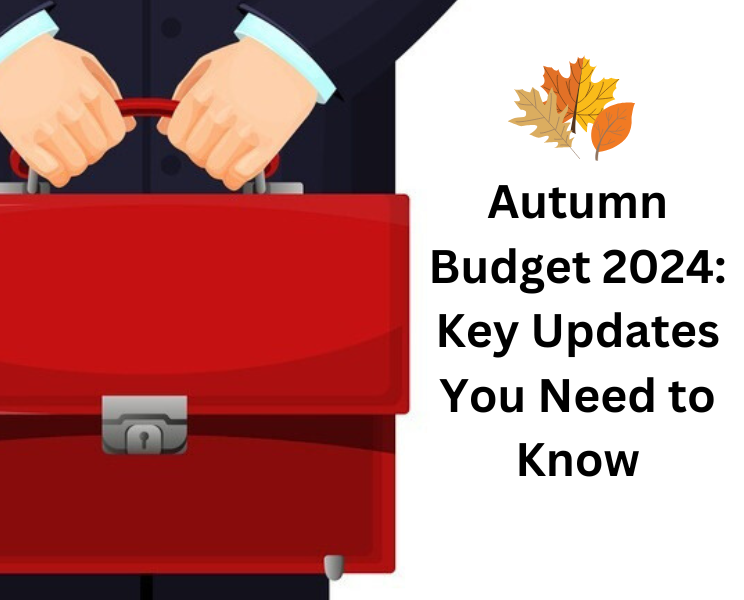How is Rental Income Taxed?
What is rental income?
Rental income is the sum of money collected by property-owners, including income from renting an apartment, house or any part of it, like a room or even a parking space.
UK property business
When you start renting out a property you must report your income to HM Revenue and Customs (HMRC). Profit obtained from renting a property is part of your total taxable income and as such is subject to income tax. If you are a basic rate tax payer, you will have to pay tax at 20% , if you are a higher rate tax payer you pay 40%, and if you are an additional rate tax payer you will be taxed at 45%.
The allowable expenses must be wholly and exclusively for the purpose of renting out the property.
Where gross rental income is less than £10,000 and profit (income less expenditure) is less than £2,500 HMRC can be contacted directly and, provided there is no other reason for you to complete a self-assessment tax return, profits can be reported over the phone or via an email. Otherwise your property income and expenditure should be reported on your tax return.
To arrive at a taxable property income figure, the accruals basis should be applied.
The accrual principle uses rents “chargeable” to that time period, rather than rents received (ie: paid) in that time period. Property income calculations are always based on the personal tax year dates – i.e. from 6 April to 5 April.
Rents chargeable minus all of the allowable expenses gives the taxable property income profit or loss for the year. Allowable expenses include, but are not limited to:
- Repairs
- Insurance premiums
- Utilities
- Cleaning
- Maintenance
- Ground rent
- Advertising
From 6th April 2020 income tax relief on all residential property finance costs is restricted to the basic rate of income tax, which is currently at 20%. The finance costs restricted include interest on: mortgages, loans – including loans to buy furnishings, overdrafts. The £1000 property allowance can not be used alongside allowance expenses, it is one or the other.
Rent-a-room relief
Different rules apply to a landlord who is renting a room to tenants in their own home. There is a special relief called rent-a-room relief which, in the current tax year, is £7,500. If the total gross rent is no more than £7,500 then rent-a-room relief applies automatically and rental income is exempt from tax.
Since 6 April 2017, a property allowance of £1,000 is to individuals who receive property income. However it is not possible to use both rent-a-room relief and the property allowance against the same property income. Despite the £7,500 is tax exempt this still must be reported to HMRC via a self-assessment tax return.
Furnished holiday lettings
For tax reasons property rental income is usually treated as investment income rather than trading income.
Furnished holiday Lets (FHL) are an exception to this rule. A FHL qualifies for some of the tax benefits usually reserved for trades. Profits from FHL’s are included in qualifying earnings when calculating the pension annual allowance. Mortgage interest is also fully deductible and capital allowances are also available (ie: you may be able claim the washer-dryer in full).
What qualifies as a furnished holiday letting
The property will be treated as an FHL if all of the following conditions are met (not including longer-terms lets of more than 31 days, in the 105 day count):
- The property is furnished.
- The property is situated in the UK or any other state in the European Economic Area (EEA included up to 31 January 2020, subject to new rules).
- The property is made available for commercial letting as holiday accommodation to the public for at least 210 days in the relevant 12 month period.
- Out of those 210 days, the property is actually let out for 105 days or more as holiday accommodation – this is called the ‘letting’ condition.
Overseas property business
If the property income is derived from overseas property all profits are taxed as foreign income.
To calculate profits from overseas rental property we apply the same principles as we would for a UK property business.
Property rental losses
If you make a “loss” from renting a property – it means that your allowable expenses are greater than your rental income.
Essentially all property income in the UK is treated as one “rental business”, therefore losses from one property are automatically used against income from another. Otherwise, the loss is generally carried over to the next tax year and deducted from profit for that year.
Losses arising from renting a property abroad cannot, for income tax purposes, be combined with profits from UK rental income carried out by the same person.




